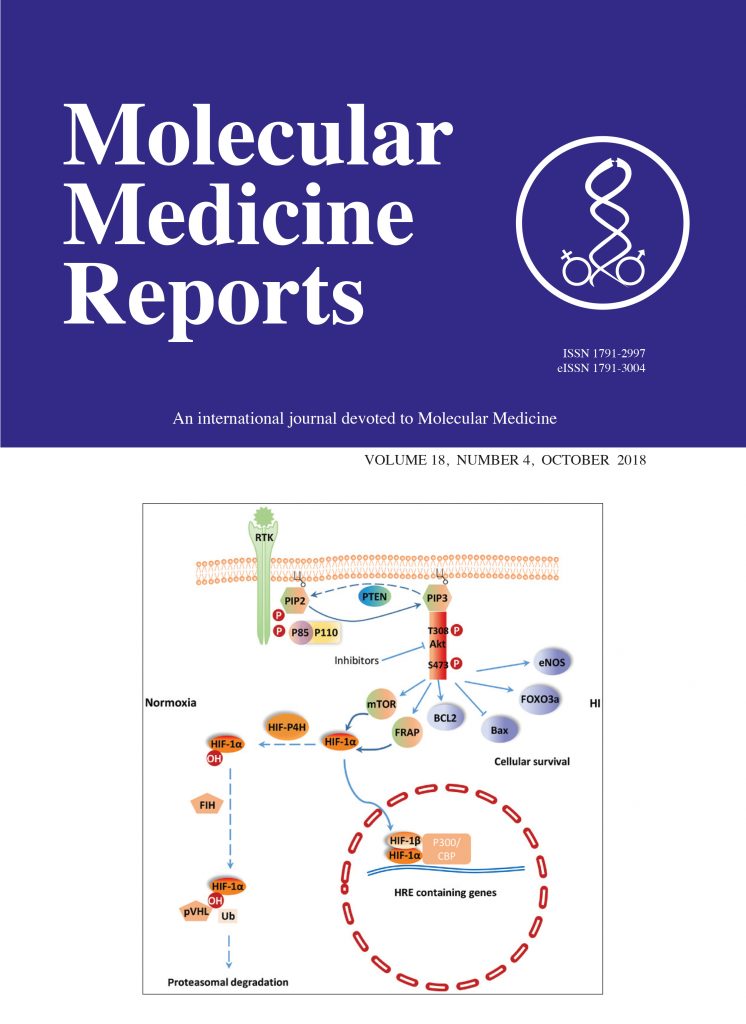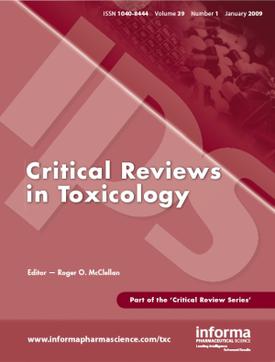
Note: This post has been updated.
Here’s an object lesson for scientists who find out they’ve been ripped off by other researchers: Taking matters into your own hands can produce results.
An aggrieved author’s doggedness led to the retraction of a 2013 paper that plagiarized his work, along with the revocation of a doctoral degree by one of the scientists responsible for the theft and sanctions against another.
We don’t often get the blow-by-blow, but in this case we have the details to share. The story begins in early 2017, when Andrew Boyle, a professor of cardiac medicine at the University of Newcastle, in Australia, noticed something fishy in an article, “Cathepsin B inhibition attenuates cardiac dysfunction and remodeling following myocardial infarction by inhibiting the NLRP3 pathway.” The paper had appeared in a journal called Molecular Medicine Reports, from Spandidos.
The article, published by a group from Shandong Provincial Hospital, contained a pair of figures that Boyle recognized from his 2005 article in the Journal of Molecular and Cellular Cardiology. One of the images had been altered, but the other was a patent duplication.
Boyle explained that: Continue reading Persistence pays off for plagiarized author: emails spur retraction, sanctions against researcher

 A toxicology journal has issued an expression of concern for a group of papers about the controversial herbicide glyphosate after concluding that some of the authors didn’t adequately disclose their ties to the maker of the product.
A toxicology journal has issued an expression of concern for a group of papers about the controversial herbicide glyphosate after concluding that some of the authors didn’t adequately disclose their ties to the maker of the product.  A journal that retracted three papers earlier this year because of concerns that one of the authors had asked conference presenters to cite them has republished the articles, saying that it has “inconclusive evidence of improper behavior.”
A journal that retracted three papers earlier this year because of concerns that one of the authors had asked conference presenters to cite them has republished the articles, saying that it has “inconclusive evidence of improper behavior.”



 Tokyo Women’s Medical University has stripped a researcher of her PhD, following the retraction of a paper — for data duplication — that was based on her thesis.
Tokyo Women’s Medical University has stripped a researcher of her PhD, following the retraction of a paper — for data duplication — that was based on her thesis.
 For the second time in a week, we’ve come across a retraction notice that gave the wrong reason for the retraction.
For the second time in a week, we’ve come across a retraction notice that gave the wrong reason for the retraction.